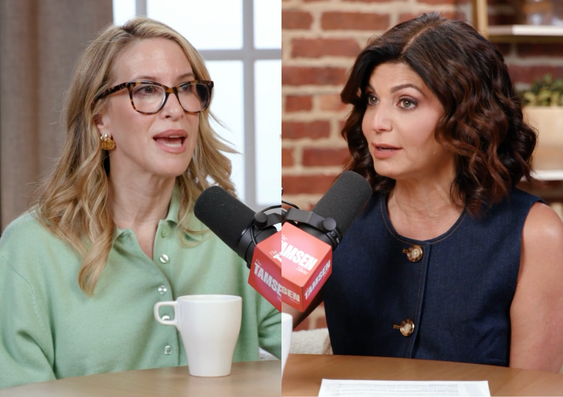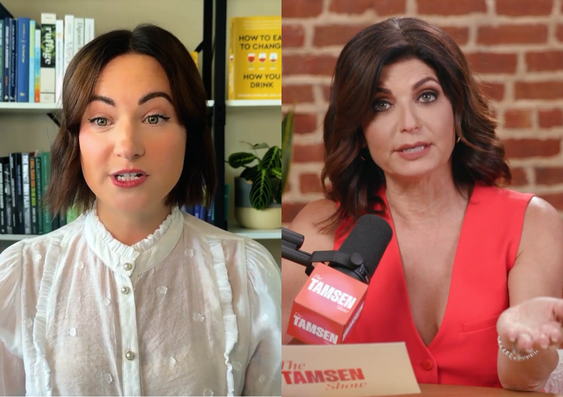Many people think healthy relationships mean avoiding conflict, but Dr. Aliza Pressman says the opposite is true: small ruptures, followed by repair, make relationships stronger.
The science of repair
Research on attachment and human development shows that babies and adults alike benefit from cycles of disconnection and reconnection (Tronick, 1989; Gottman, 1994). Without moments of discord, the “relationship muscle” doesn’t grow.
What repair looks like
- A conversation after an argument
- A shared laugh after tension
- A simple gesture of reconnection
Why perfection backfires
Trying to be perfect all the time can actually burden the other person, especially children. If they never see you struggle, they may feel something is wrong with them when they face challenges.
Dr. Pressman calls this the “good enough” approach, a term originally coined by pediatrician Donald Winnicott. In relationships, “good enough” means showing up consistently, repairing when things go wrong, and modeling resilience.
Mistakes aren’t the end of connection. They’re the pathway to deeper trust.
Want to learn more? Listen to this episode of The Tamsen Show
%252520Small.png)
( $47 value )













.jpg)
.png)








